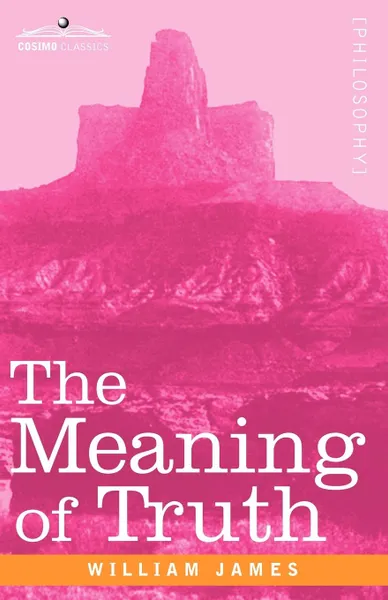The Meaning of Truth 12+
Автор: William James
2008
324 страницы
Категория: Научная литература
ISBN: 9781605204260
Язык: Английский
📖 Why is real-world experience vital to a mature appreciation of any philosophical system? Why is the search for “objective truth” a trickier proposition than it seems at first glance?American psychologist and philosopher WILLIAM JAMES (1842–1910), brother of novelist Henry James, was a groundbreaking researcher at Harvard University, author of such works as Principles of Psychology (1890) and The Varieties of Religious Experience: A Study in Human Nature (1902), and one of the most influential academics of the late 19th and early 20th centuries. Here, in a series of essays first published in book form in 1909, and considered a sequel to his series of lectures collected in Pragmatism (also available from Cosimo), James explores these questions as he discusses:• the function of cognition• humanism and truth• the relation between knower and known• the essence of humanism• the meaning of the word truth• the absolute and strenuous life• and more.
Мнения
